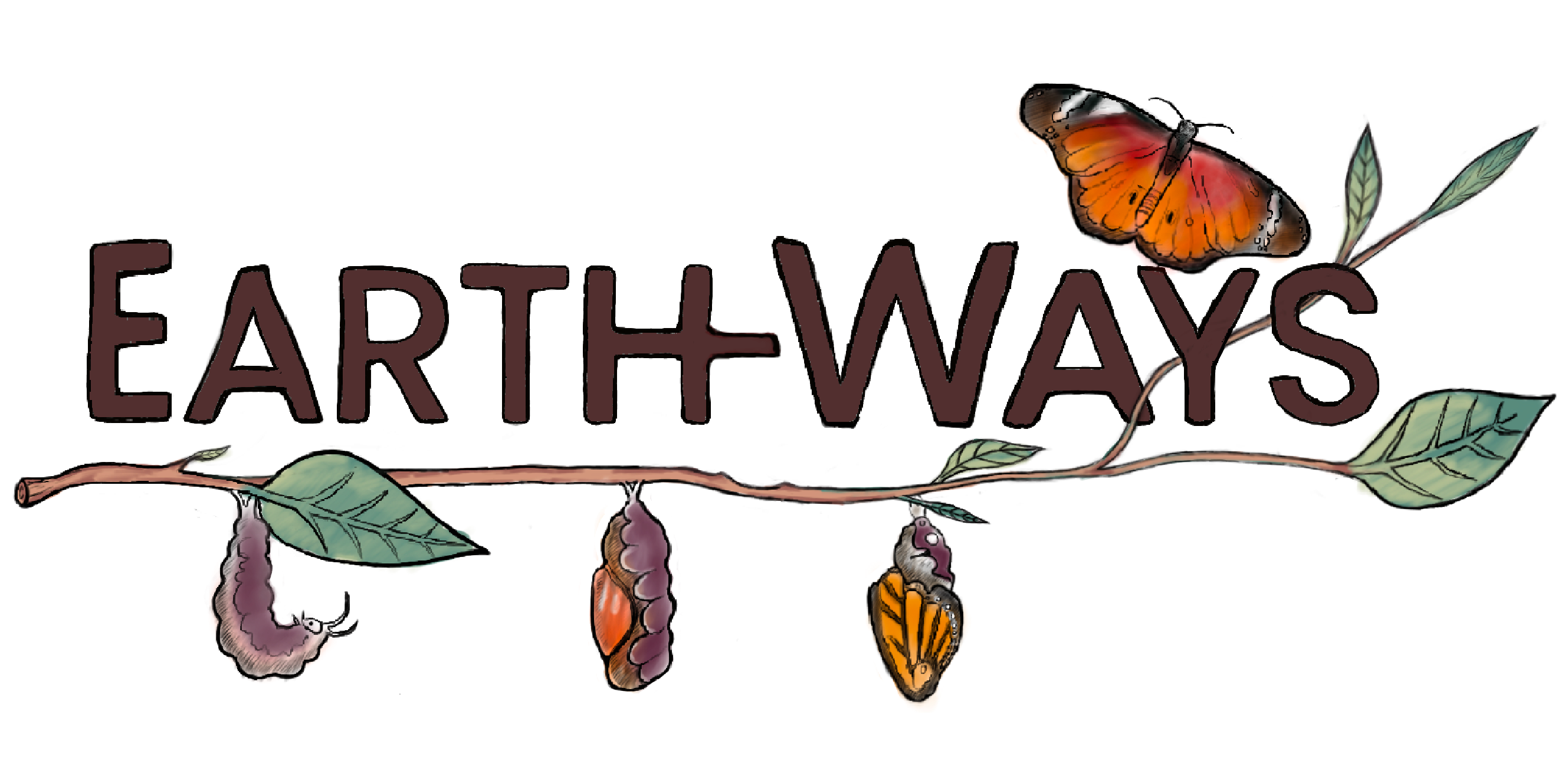
The climate crisis and the other crises unfolding in our outer and inner nature are inextricably linked to the view of nature and the understanding of the world that has shaped us as humans in modern times. We cannot 'solve' these crises with the same mindset that created them.
The prevailing narrative about human history and development is based on an anthropocentric worldview, where man is the center of the world, yet stands outside the rest of nature. This story is connected to the view of nature and the worldview that has shaped us as individuals and society. The absence of nature and the more-than-human world in this story has contributed to the climate, environmental and biodiversity crises we are in the middle of.
EarthWays works from an ecocentric worldview that recognizes the Earth as the ultimate source of value, meaning and opportunity for all beings, including humans. With inspiration from indigenous peoples' perception of nature and spirituality, we convey an ecological view of nature that creates the opportunity to learn the basic skills needed to live ecologically responsibly on Earth.
We base our approach on the values and principles for equality and sustainability described in The Earth Charter and on systems and holistic thinking. An approach to reality that requires the will and ability to see wholes before parts, that asks for context and connections, values relationships, interactions and cycles and recognizes that living wholes cannot be reduced to the sum of their individual parts.
Concretely, we find inspiration in the nature-culture history that is on Himmelbjerget, for new ways of thinking about democracy, agriculture, culture and education. We understand roots as what anchors us and creates the possibility that we can build a bridge to the future in dialogue with the past.
